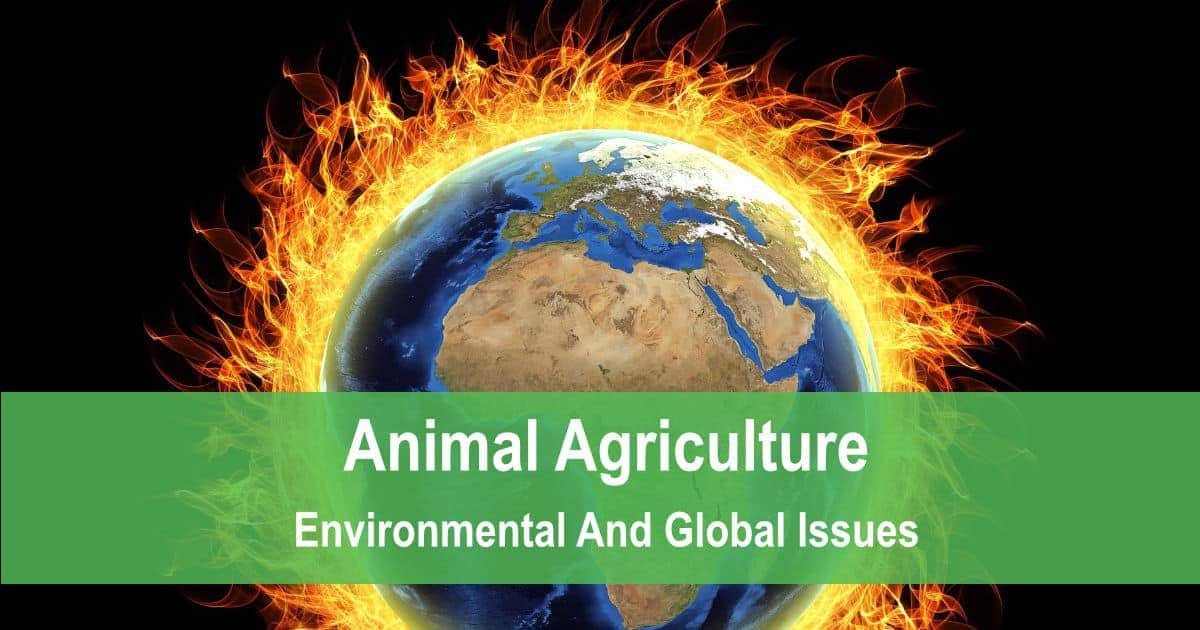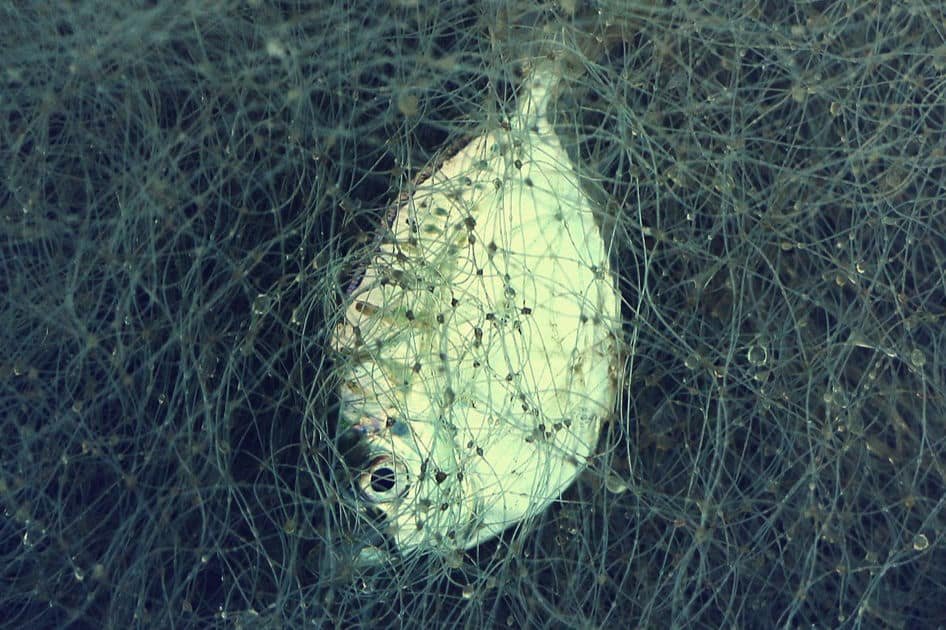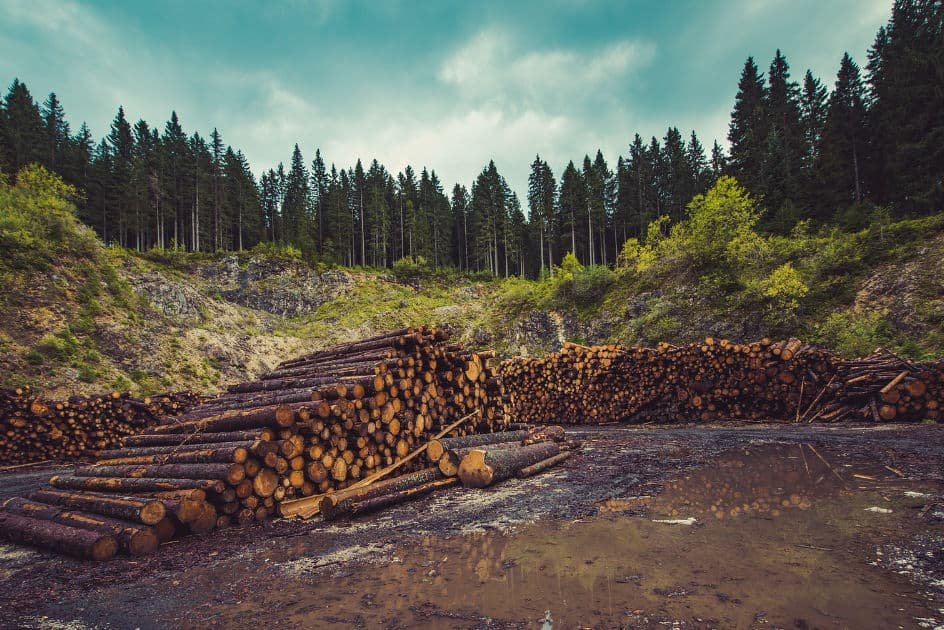Animal Agriculture: Environmental And Global Issues

More and more information is becoming available about environmental, and global issues related to animal agriculture.
Global warming, destruction of ocean life and forests, water waste and even starvation are all strongly linked (directly or indirectly) to eating meat.
Multiple factors play a role in each of these issues, but there is no doubt that eating meat plays a very significant role.
If we genuinely care about the environment and about living a sustainable life, we can drive electric cars, use solar panels, take shorter showers or recycle waste – but the most significant thing we can do for the environment is to stop eating animals.
Let’s take a brief look at the main issues and at some of the facts.

Livestock and their byproducts account for at least 32,000 million tons of carbon dioxide (CO2) per year, or 51% of all worldwide greenhouse gas emissions.
— Worldwatch Institute (Report: Livestock and Climate Change)

Global Warming
Global warming and its resulting increase in natural disasters is a huge global problem. Documentaries like Cowspiracy do a great job of gathering scientific data and going in-depth into the strong connection between global warming and animal agriculture.
Did you know that animal agriculture has a bigger impact on global warming than all of transportation combined?
Instead of only focusing on energy-saving transportation innovations, shouldn’t we be focusing on the most prominent issue related to global warming?
Though the global community has not fully acknowledged the relation, there is encouraging news for each individual. Each of us has a choice. The choice is to eliminate animal products from our diets.
By doing so, we are reducing our carbon footprint, being an example to others, and helping to preserve our precious planet earth.
Water Usage
Did you know that roughly 15.000 liters of water are needed to produce 1 kilo of beef? Almost 6.000 liters of water are required to produce 1 kilo of pork, 4.300 liters of water for 1 kilo of chicken, and 3.200 liters of water for 1 kilo of eggs?
By comparison, 1 kilo of vegetables requires 322 liters of water and 1 kilo of fruits requires 962 liters of water. Sure, a shorter shower reduces water usage, but the most significant thing you can do to save water is to stop eating animals.
The projected increase in the production and consumption of animal products is likely to put further pressure on the globe’s freshwater resources.
— Water Footprint Network (Report: Water footprint of crop and animal products: a comparison)

Ocean Life
Overfishing is another huge environmental problem.
A United Nations report shows that three-quarters of the world’s fisheries are either depleted or (fully) exploited.
We’ve got a serious problem, as the ocean ecosystems and biodiversity are depleting at a fast pace. We could see fish-less oceans by the year 2048!

Land and Deforestation
Livestock occupies approximately 45% of the earth’s land. Land used to raise animals for us to consume.
There are all sorts of issues resulting from this, including species extinction, habitat destruction, water pollution, and deforestation.
An estimated 1-2 acres of rainforest land is cleared each second. Land which is used to raise animals to feed humans, or for growing plant crops (for feeding animals).
This brings us to the next and perhaps the biggest human disaster: World hunger.
Starvation
Other factors such as war play a role in starvation, but a big part of global hunger is undoubtedly related to the harsh fact of many people not having sufficient food. This is an aspect we, as a human species, can do something about.
Realize that 82% of the world’s starving children live in countries where food is fed to animals that are then killed and eaten by more well off individuals in developed countries like the US, UK, and in Europe.
— Dr Richard Oppenlander
The foods fed to animals are grains such as corn and oats. These grains are perfectly eatable as part of a healthy diet for humans.
To combat unnecessary starvation, we’ll need to make the simple dietary adjustment away from an animal-based diet and toward a plant-based diet. By doing so, animal agriculture will decline and grain crops will be more available and affordable.
Let’s all make that step toward doing what’s within our power, a step which reduces starvation, deforestation, loss of biodiversity, and global warming.
Also, take a look at this factsheet on Cowspiracy’s website, which contains an excellent overview of quotes and scientific data/references related to animal agriculture and environmental issues.
As an Amazon Associate I earn from qualifying purchases.

